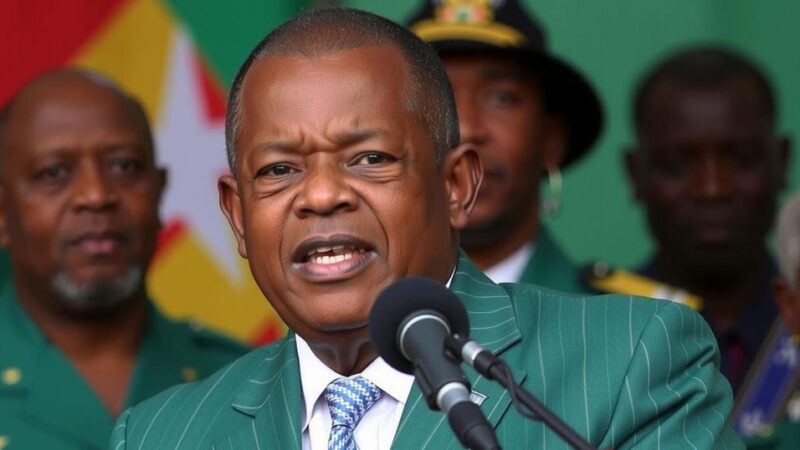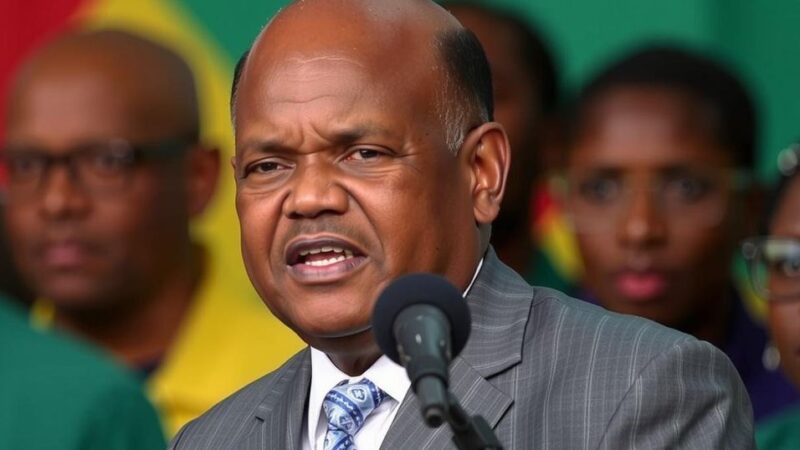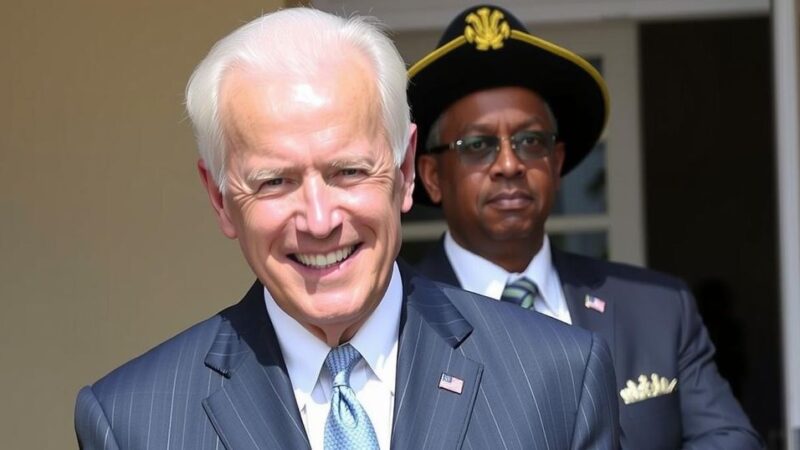The Japanese parliament has confirmed Shigeru Ishiba as the new Prime Minister, succeeding Fumio Kishida, who resigned amid political controversies. Ishiba won a closely contested party leadership election and has appointed a new cabinet, preparing for snap elections on October 27, which has drawn criticism from opposition parties for its timing. The new administration faces significant challenges, including economic reforms and national security threats.
Japan’s parliament has officially recognized Shigeru Ishiba as the new Prime Minister, following his recent election as the leader of the ruling Liberal Democratic Party (LDP). At 67 years of age, Ishiba succeeds Fumio Kishida, who resigned amid various political controversies. The parliamentary confirmation took place on Tuesday, with members of the LDP utilizing their majority to endorse Ishiba’s appointment. In a closely contested election held last Friday, Ishiba narrowly triumphed over conservative rival Sanae Takaichi by a vote of 215 to 194, marking the narrowest LDP leadership race in nearly seventy years. Despite previously running unsuccessfully for the position four times, Ishiba’s extensive political background, which includes serving in several ministerial roles, facilitated his latest victory. Ishiba has since unveiled a cabinet consisting of 19 ministers that includes significant figures such as Katsunobu Kato as Finance Minister, Gen Nakatani as Defence Minister, and Takeshi Iwaya as Foreign Minister. Intriguingly, only two women have been appointed to this cabinet, a reduction from five in the previous administration. Junko Mihara will oversee child policies while Toshiko Abe takes charge of education. Soon after his appointment, Ishiba announced a plan to hold snap elections on October 27, provoking backlash from opposition parties. They argued that the expedited timeline does not allow for adequate public discourse on policy issues. Anticipating challenges, Ishiba stated, “I will face the public directly and discuss policies sincerely to earn their trust. My government will not shy away from challenges.” Ishiba’s formal installation as Prime Minister will occur through a ceremony at Tokyo’s Imperial Palace, further solidifying his leadership role in a country grappling with both internal and external challenges, including security concerns related to geopolitical tensions and a declining population.
The recent political transition in Japan marks a significant event in a nation where the LDP has maintained a dominant position in governance for much of the past eight decades. Shigeru Ishiba’s ascension to the role of Prime Minister immediately follows the resignation of Fumio Kishida, who stepped down due to a series of political scandals impacting his administration. Ishiba’s government is expected to address pressing issues facing Japan today, including population decline, economic reforms, and national security concerns, particularly in light of ongoing international conflicts such as the war in Ukraine. This context sets the stage for Ishiba as he navigates his leadership amidst growing opposition scrutiny and the imminent snap elections.
In conclusion, Shigeru Ishiba has officially taken office as Japan’s Prime Minister following a narrow victory within the LDP leadership contest. His immediate plans include a snap election that has prompted criticism from opposition parties. With a cabinet comprising veteran political figures and a commitment to tackle significant issues such as security and socioeconomic reform, Ishiba’s leadership will be closely watched as he endeavors to gain public trust and navigate Japan’s complex political landscape moving forward.
Original Source: www.aljazeera.com






